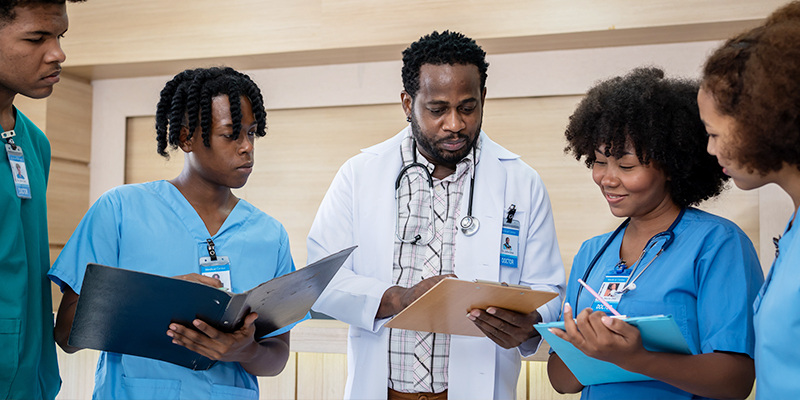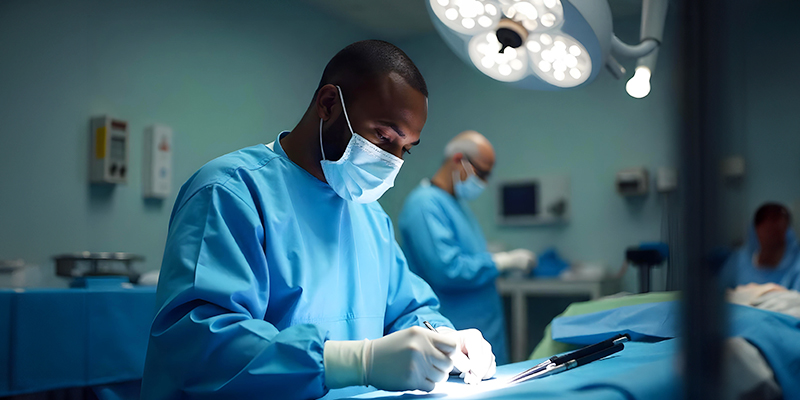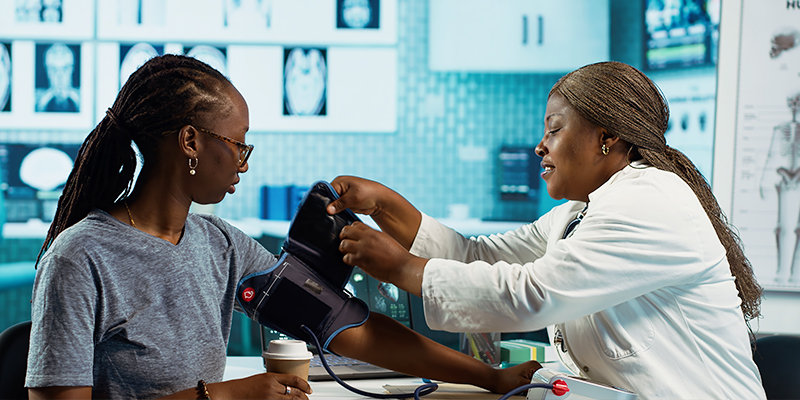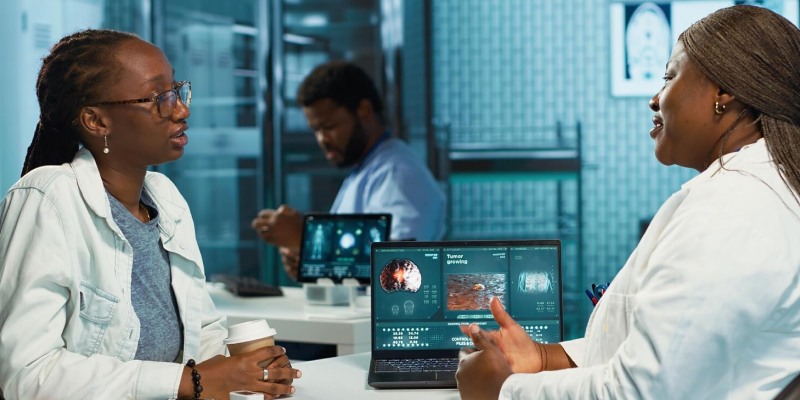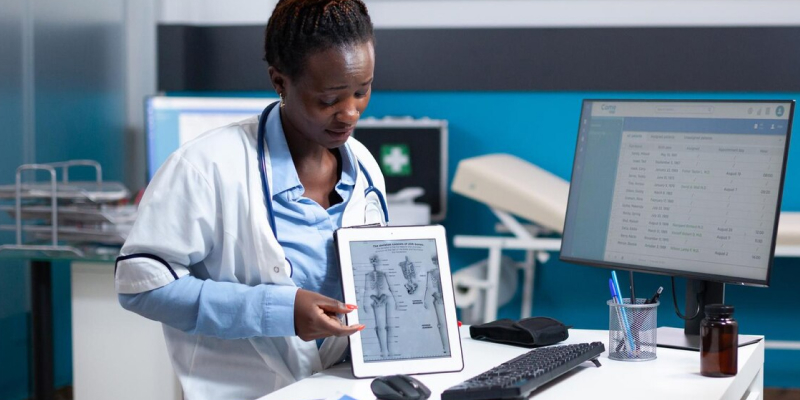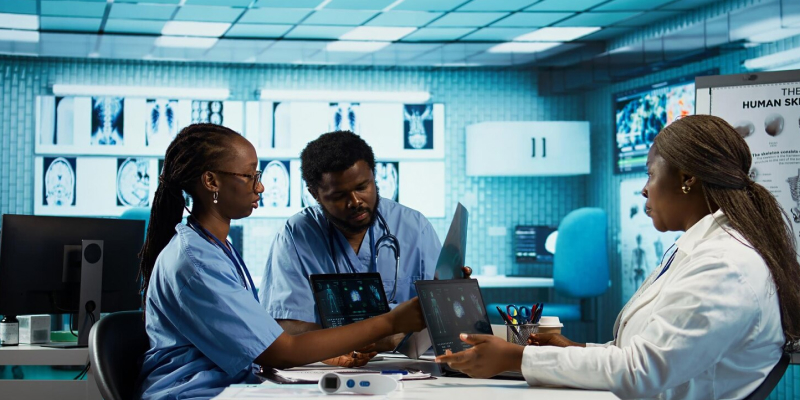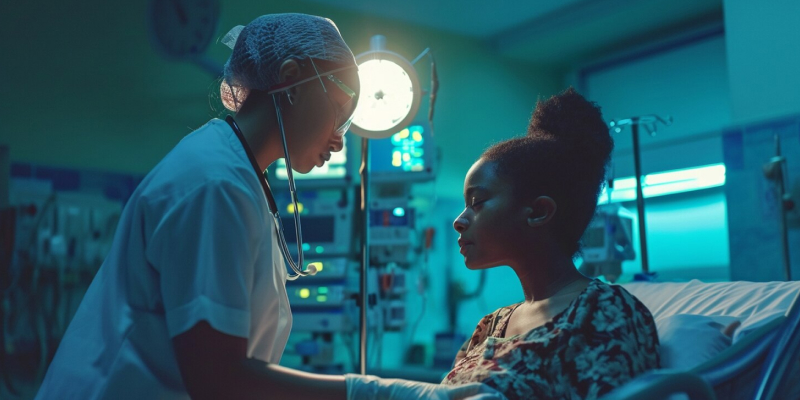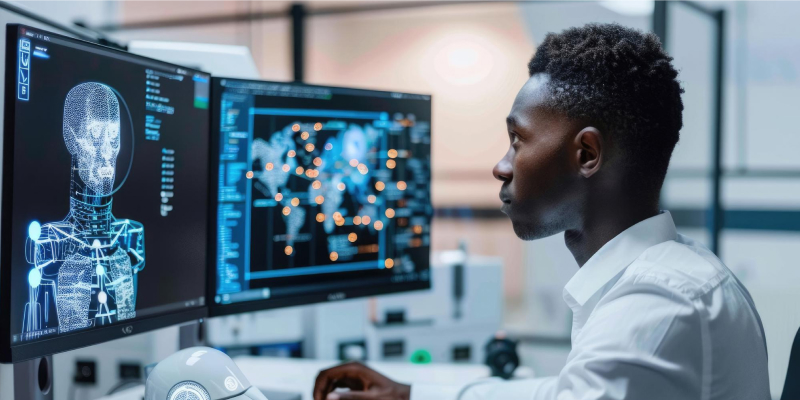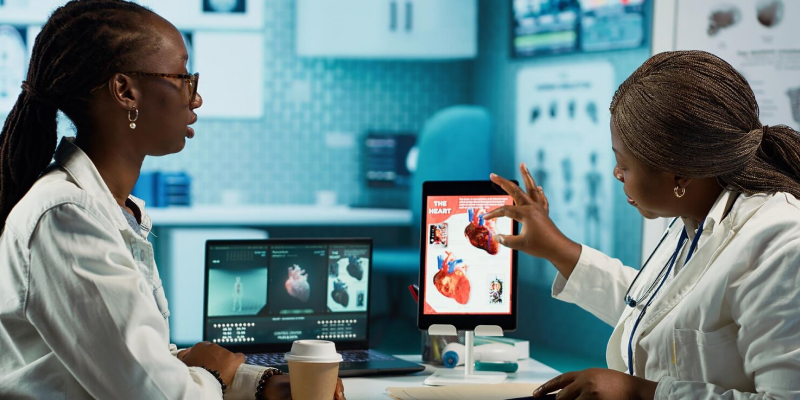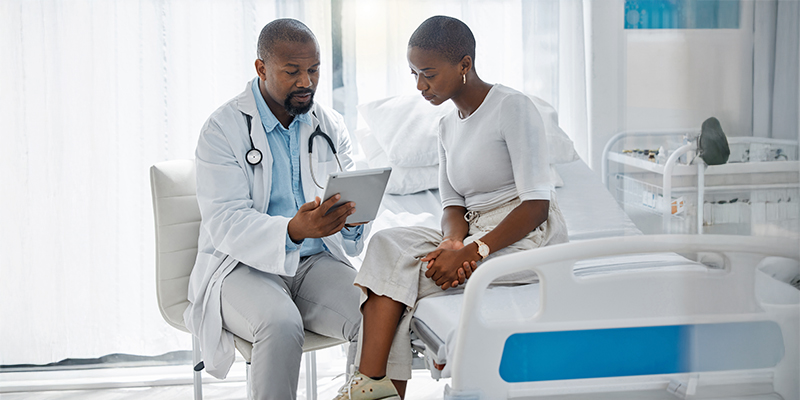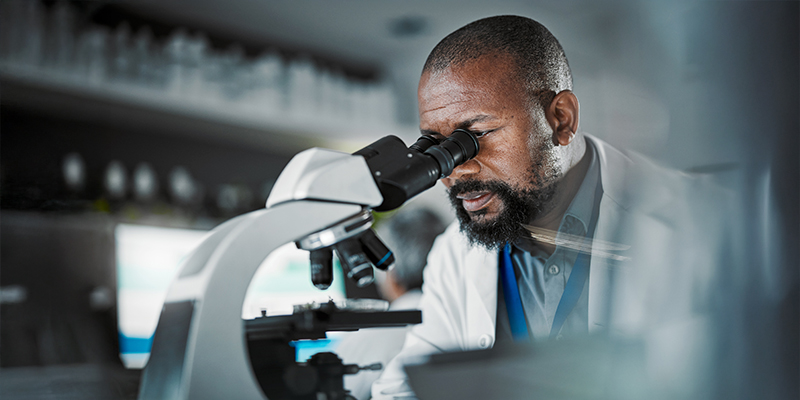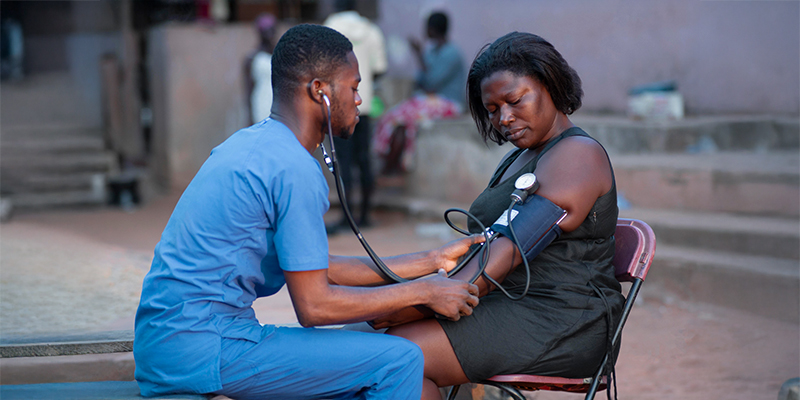Kidney stones are now very common among people, and it is surely more painful than what most people think it to be. There can be some situations when the kidney stones might pass without anyone noticing, but others can lead to severe pain and need immediate medical help. At HJ Hospital, our expert urology surgeons and internal medicine team work together offering quick treatment that gives lasting relief for patients dealing with this issue.
What Are Kidney Stones?
Many people know about kidney stones, but very few people know what actually kidney stones are. They are solid mineral buildups in the kidneys. This generally takes place when the urine has too many substances that create crystals such as calcium, oxalate, and uric acid that the body fails to dilute. Eventually, these crystals might clump together and create stones, which can range in size from small grains to bigger chunks.
Why do Kidney Stone Hurt?
A kidney stone generally doesn't show any symptoms until it shifts from the kidney into the ureter, that is the thin tube that links the kidney to the bladder. If the stone becomes lodged there, it can obstruct urine flow, leading to swelling and painful spasms. Which results cause extreme pain in the side and back, which often spreads to the lower abdomen or groin. In addition, there can be other symptoms like a burning sensation during urination, pink or cloudy urine, a frequent need to urinate, nausea, or even a fever if an infection occurs.
What Causes Kidney Stones?
There can be multiple factors responsible for it:
- Dehydration: Not drinking enough water can lead to concentrated urine, making stone formation more likely
- High-sodium or high-protein diets: These increase calcium and acid levels in the urine.
- Obesity: Being overweight can affect how the body processes minerals
- Digestive conditions: Issues like inflammatory bowel disease or past gastric surgeries affect calcium and water absorption
- Family or personal history: Genetics play a strong role in your risk
- Certain medical conditions: Such as diabetes, urinary tract infections, renal tubular acidosis, and cystinuria
- Medications and supplements: Overuse of laxatives, vitamin C, and some migraine or depression medications
Can Kidney Stones Be Prevented?
- Drink plenty of water: Aim for at least 2 liters of urine output daily
- Limit oxalate-rich foods: Such as spinach, nuts, chocolate, and tea
- Reduce sodium and animal protein intake: Lowering these can reduce calcium buildup in urine
- Eat calcium-rich foods (with caution): Natural sources are generally safe; avoid excess supplements unless advised
- Consult a dietitian if needed: Especially if you've had kidney stones before
- Follow medical advice: Internal medicine specialists may recommend medicines to control mineral levels in the urine
- Treat underlying conditions: Managing diabetes, infections, or metabolic imbalances can reduce recurrence
When Should You See a Urology Surgeon?
In situations when the stone is too big to pass on its own, it has the chance of infection or blocks the urinary tract. In such cases, surgery might be needed. At HJ Hospital, urology surgeons have access to cutting-edge tools and minimally invasive techniques to safely and effectively remove or break down stones. We work closely with internal medicine with surgical knowledge providing a well-rounded strategy, not only to address kidney stones but also to stop them from recurring.
If you or someone you know is having a hard time suffering from kidney stone symptoms, don’t hesitate. Schedule a consultation with our skilled urology surgeons at HJ Hospital today and start your journey towards lasting relief.





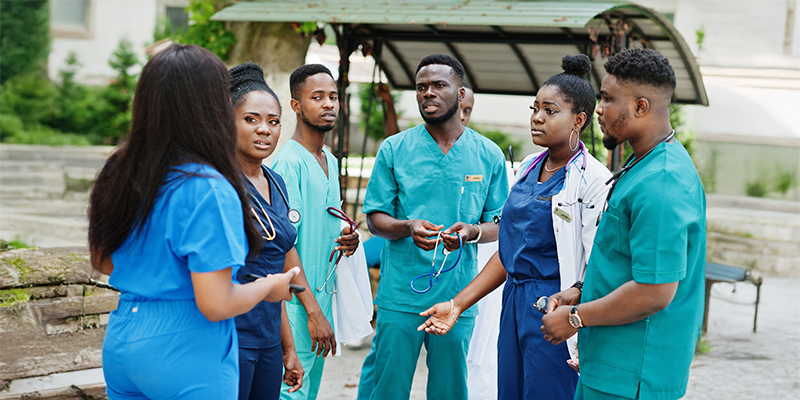
 Jul 24, 2025
Jul 24, 2025




